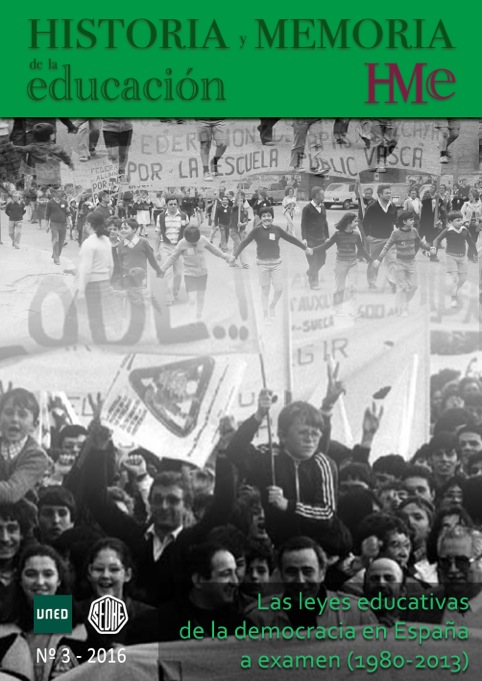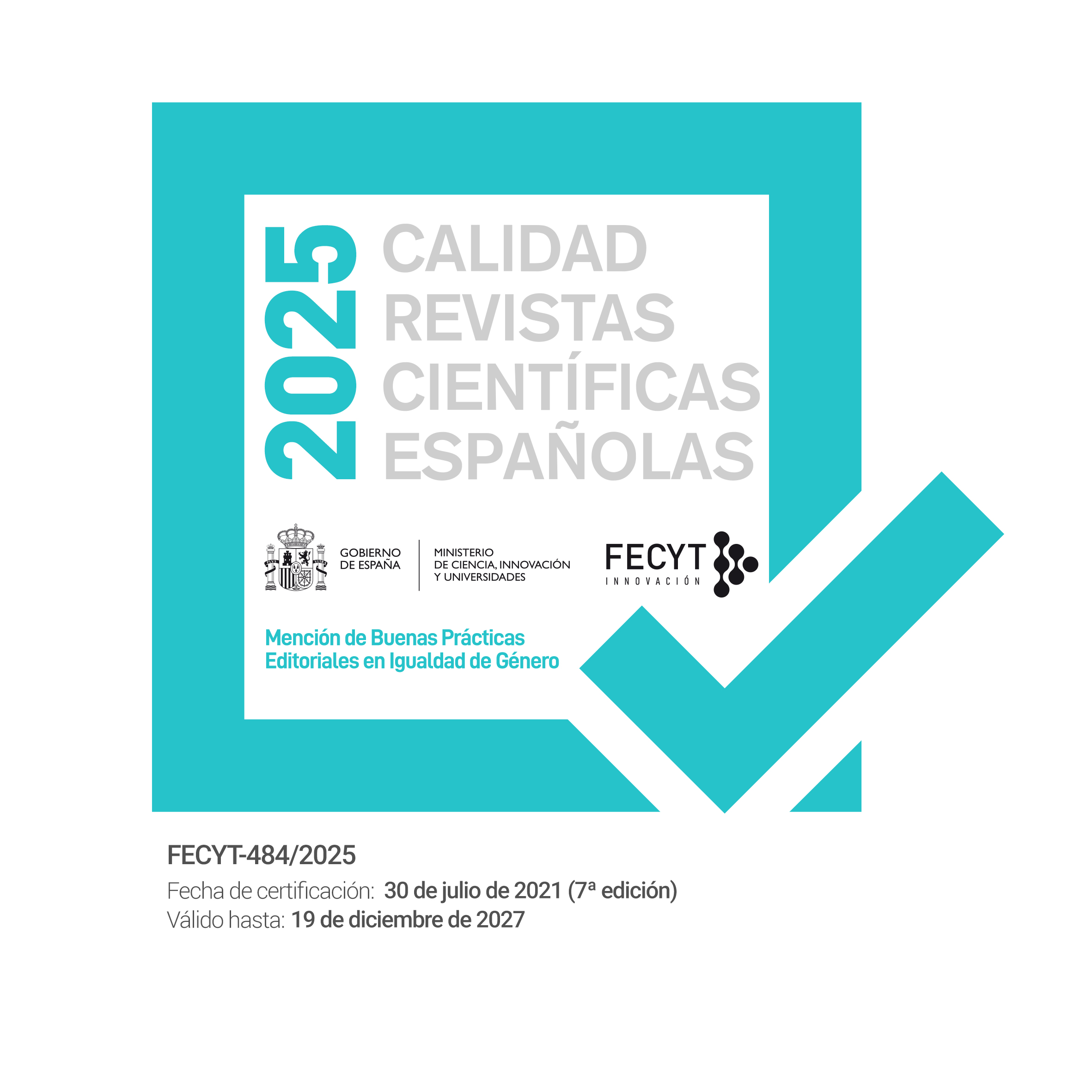Reflections on forty years of education in Spain, or the irresistible attraction of laws
DOI:
https://doi.org/10.5944/hme.3.2016.14760Keywords:
Socialdemocracy, Neoliberalism, Neoconservatism, Education policies, Consensus, DissentAbstract
In almost forty years of democracy, educational policy in Spain has given
rise to a phenomenon that has produced effects quite the opposite from those
that were sought, with an excess of educational laws resulting in remarkable
and constant legislative instability. This paper analyses the underlying reasons
for this phenomenon, particularly the policies of the two major national parties
and the embodiment in education laws of their systemic models of education,
models which clearly bear the stamp of their respective ideologies. This has inevitably
led to legislative reforms when the electorate has voted for a change of
government. This analysis points to the need for a new consensus on education
to ensure the effective implementation of the reforms launched by these laws.
Downloads
Downloads
Published
How to Cite
Issue
Section
License
Authors who publish in Historia y Memoria de la Educación agree to the following terms:
- Authors retain copyright and grant the journal right of first publication with the work simultaneously licensed under a Creative Commons Attribution-NonCommercial 4.0 International that allows others to share the work with an acknowledgement of the work's authorship and initial publication in this journal.
- Authors are able to enter into separate, additional contractual arrangements for the non-exclusive distribution of the journal's published version of the work (e.g., post it to an institutional repository or publish it in a book), with an acknowledgement of its initial publication in this journal.
- Authors are permitted and encouraged to post their work online (e.g., in institutional repositories or on their website) prior to and during the submission process, as it can lead to productive exchanges, as well as earlier and greater citation of published work (See The Effect of Open Access).












